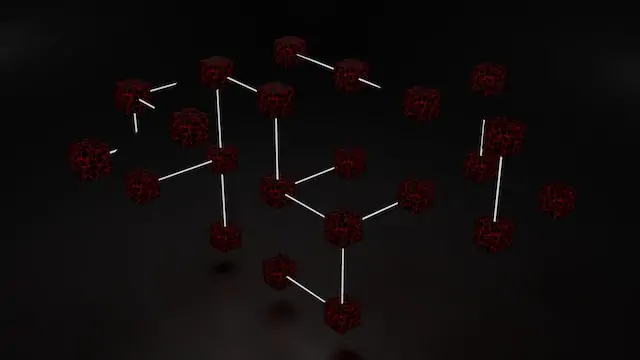- Daiwa Securities and Progmat collaborate to innovate bond issuance, using R3’s Corda blockchain technology.
- Daiwa’s alliance with Progmat paves the way for tokenization in financial markets, hoping to attract firms such as Nomura.
In a significant step toward modernizing the bond market, Daiwa Securities has joined forces with Progmat, a tokenization platform powered by MUFG, to develop a comprehensive solution for issuing tokenized bonds. This project, which also involves the participation of SBI R3, represents a remarkable breakthrough in the application of blockchain technology in the financial sector.
Daiwa has developed a solution for pre-issuance bond trading using R3’s Corda enterprise blockchain. This system will be integrated with Progmat, backed not only by MUFG but also by other leading financial institutions such as SMBC, Mizuho, JPX and SBI. The collaboration between Daiwa and Progmat, and the involvement of SBI R3, is due to the common use of Corda technology in their platforms.
Daiwa Securities’ bond solution stands out mainly because of its aim to automate a process that until now has been performed manually in the banking sector, especially with regard to bond issuance.
Traditional (Manual) Process:
- Investor Contact: In the pre-marketing stage of a bond issue, investment banks typically contact potential investors using traditional methods such as phone calls, emails or chat messages. The purpose of this contact is to assess and confirm investor interest in the upcoming bond issue.
- Data Compilation: The information gathered from these contacts, which includes details such as level of interest, potential amounts to be invested, and investor preferences, is recorded and organized manually, often in spreadsheets. This method can be slow, error-prone and requires a significant amount of administrative work.
Daiwa Innovation (Automation):
- Process Automation: The solution developed by Daiwa seeks to automate these stages. This means that the process of collecting information, analyzing it and organizing the data would be done more efficiently and accurately, probably through a digital platform.
- Future Features: In addition, Daiwa plans to introduce functionalities to automatically finalize inverter assignments. This implies that, once investor interest has been collected and analyzed, the system could automatically allocate bonds to investors based on pre-set criteria, such as the amount of investment requested, the investor’s seniority, among others.
Progmat, for its part, has already established a bond partnership with NTT Data, which owns Japan Information Processing, the leading conventional bond issuing solution and paying agent. NTT Data is one of Progmat’s investors, which strengthens the platform’s position in the market.
Daiwa Securities recently announced plans to test bond issuance on public blockchains. Until that time, Daiwa had not collaborated with any of the major institutional tokenization platforms, such as Progmat and BOOSTRY, founded by Nomura. However, with this new partnership, Daiwa positions itself in a privileged place within the emerging tokenized bond market.

Recommended for you
• Cardano Taps IOTA’s Billion-Dollar Identity Market With Launch of Identity Wallet for ADA and Other Blockchain Networks• XPLA and Google Cloud: New Era in Crypto Gaming• Dogecoin’s Rollercoaster Ride: Price Plummets 7% Amidst Musk and Markus Drama
This collaboration between Daiwa Securities and Progmat marks an important step in the tokenization of financial assets. With blockchain technology, the bond issuance process not only becomes more efficient and transparent, but also opens up new possibilities in terms of accessibility and liquidity in the financial markets.
As more securities firms such as Nomura or SMBC Nikko Securities consider adopting this offering, the tokenized bond landscape could undergo a significant transformation, benefiting investors and issuers alike.


